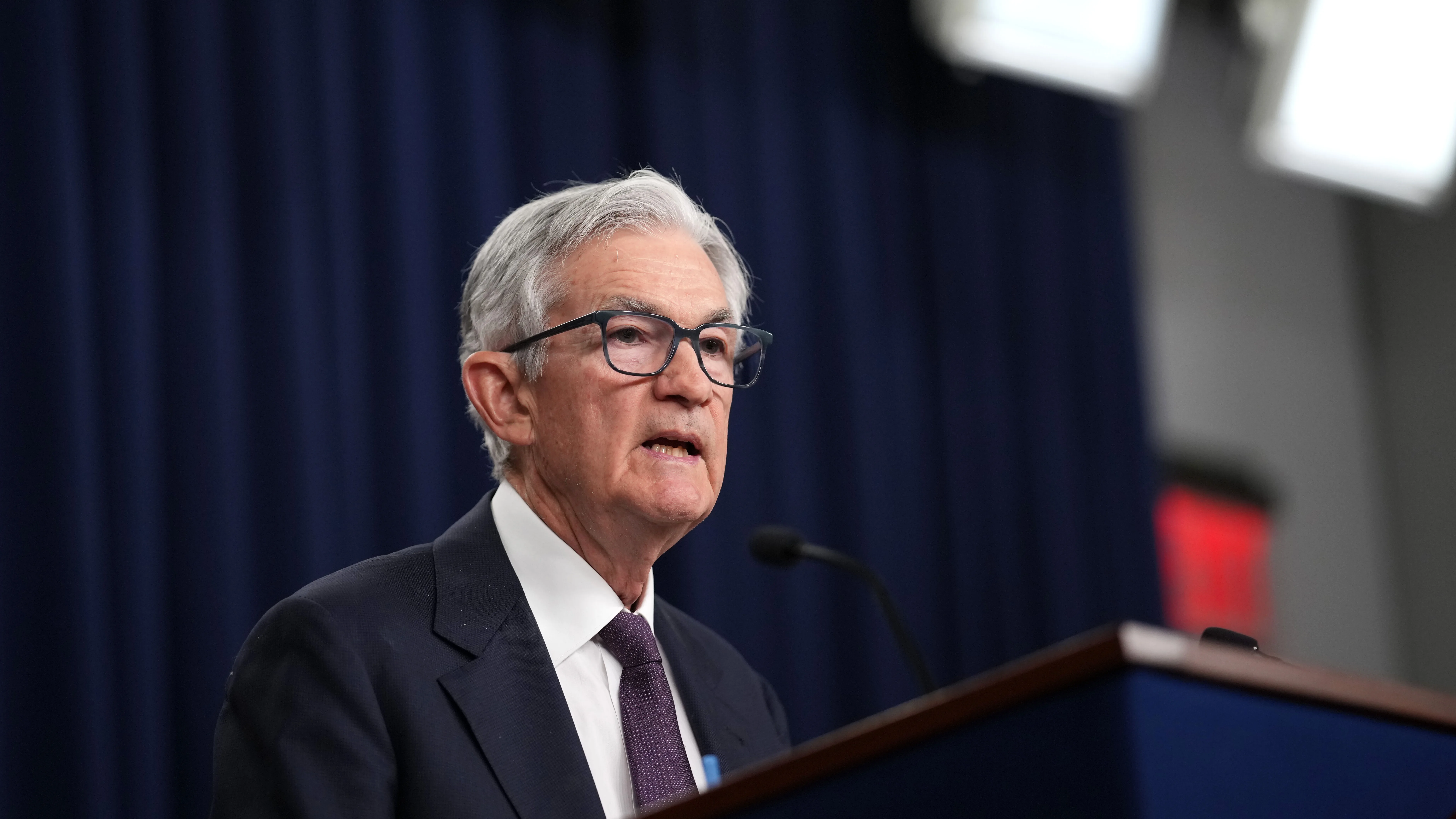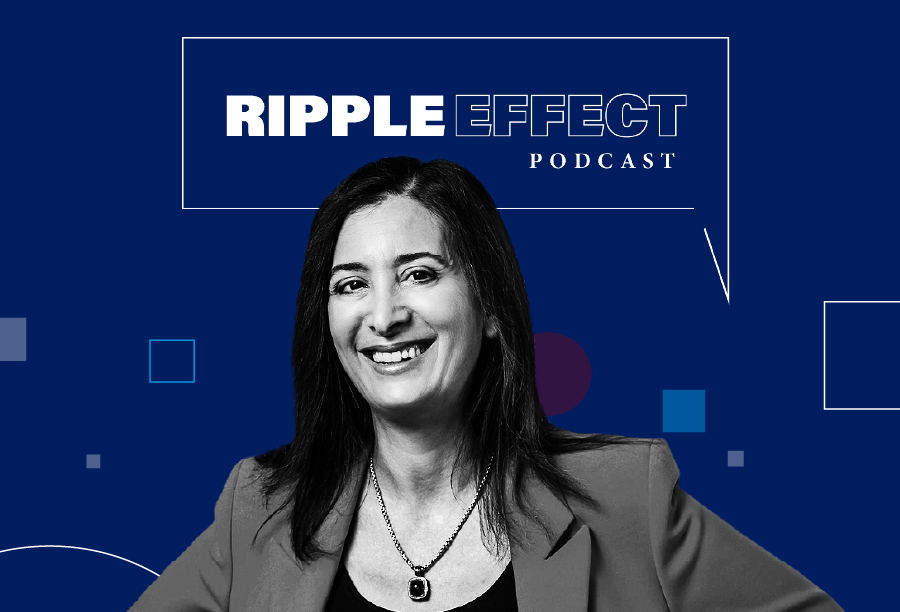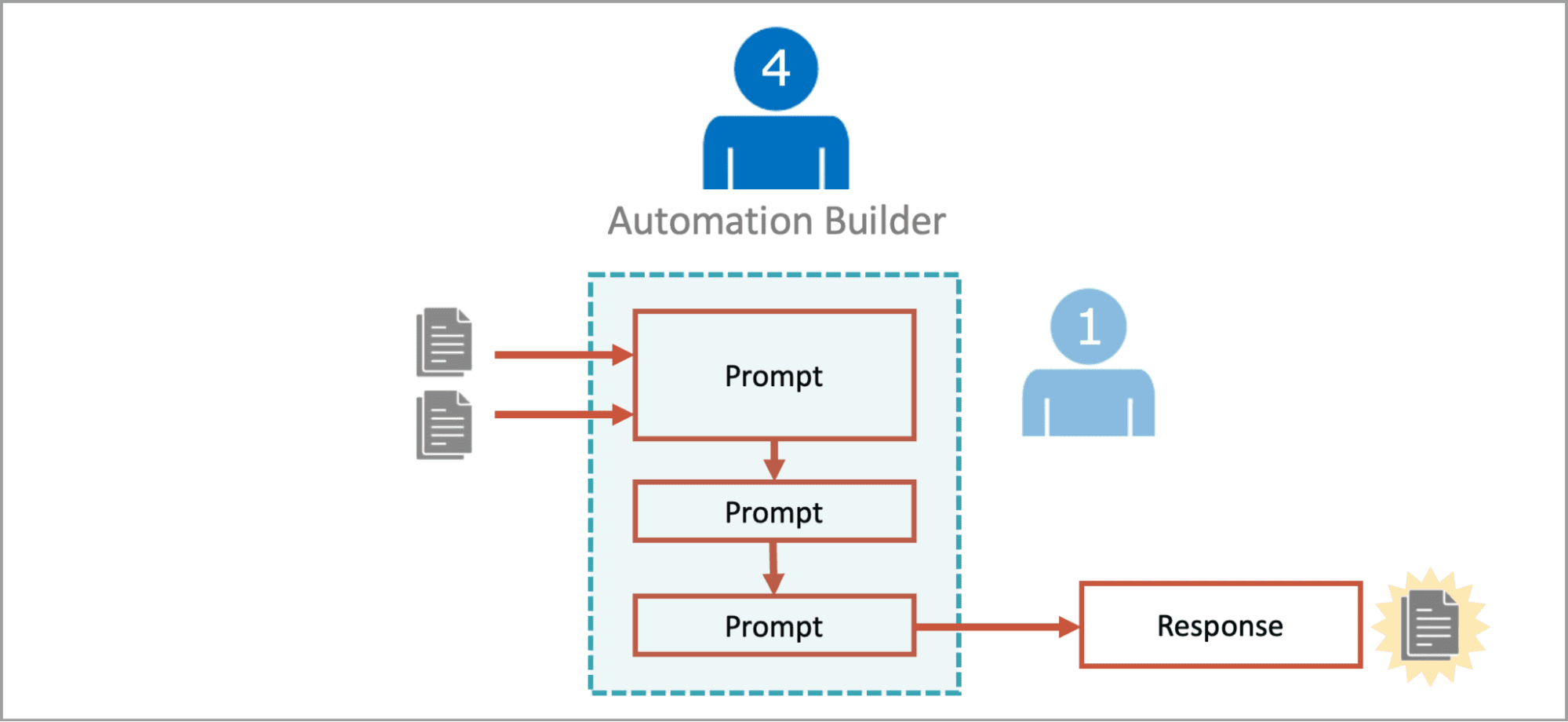The new “Day One” playbook for progressive leaders in 2025
The Fast Company Impact Council is an invitation-only membership community of leaders, experts, executives, and entrepreneurs who share their insights with our audience. Members pay annual dues for access to peer learning, thought leadership opportunities, events and more. The speed and breadth of the changing political/cultural status quo in the U.S. has been breathtaking and disorienting for brand leaders across the tech/business community. Some leaders have gone all in to kiss the ring of the new status quo. Many more are wrestling with the question “How do I continue to support the ideals my brand believes in without causing serious self-sabotage?” This article is intended as a conversation starter, not a neat solution, and is informed by decades of experience of building the most influential brands as well as a series of 2025 interviews with leading founders. It puts forward a set of three principles and concrete actions to help leaders get on the front foot again. 1. Rebrand initiatives for minimum drama, maximum impact Inspiration: The rebranding of progressive finance We can learn from the example of the progressive finance community, which is in the process of rebranding its entire category, swapping trigger words such as ESG for terms like “energy security.” Surveying fund managers and analysts, the FT noted, “The new world of sustainable investment will have a greater focus on energy transition, better regulation, and less virtue signaling…ESG as a synonym for sustainable investment is likely to disappear but the trend, in its revamped form, will continue.” This is a great example of reframing language to focus on the nondebatable goal of ensuring our energy suppliers’ resilience, no matter what your view on the causes and speed of climate change. 2. Stick to your values, but focus on outcomes: The Flo Health approach Flo Health, a leading women’s health app, successfully navigated the post-Roe v. Wade landscape by focusing on science-backed healthcare outcomes rather than political rhetoric. Instead of engaging in ideological debates, the company stayed true to its mission—improving women’s health—by highlighting established medical research demonstrating the negative impact of restricted reproductive care. This wasn’t just talk; it sparked tangible innovation. Flo Health introduced Anonymous Mode, a game-changing feature that allows users to track their menstrual cycles without fear of their data being misused. The move resonated deeply with users, addressing concerns about digital privacy at a time of heightened vulnerability. The results speak for themselves. By keeping the focus on action rather than controversy, Flo Health experienced a 55% surge in paid subscribers, solidifying its position as Europe’s first femtech unicorn. In the U.S., the app has become an essential tool for reproductive health, with an estimated 40% of women who were trying to conceive, relying on it. Flo Health’s approach underscores a key lesson: Brands can stand by their values and drive meaningful impact without performative statements, earning both community trust and business success. 3. Adopt an adaptive Day One mindset focused on current needs over historical wrongs This mindset has long been advocated by innovative CEOs, treating each day as if it’s the first, willing to let go of the past with a focus on excellence and opportunity. I believe that now is the time for brand leaders to apply the same lens in a new world with a new set of rules. Reduce talk of correcting historical injustices and focus more on actions that drive the maximum benefit for the majority of people. Example: Rocket’s blockbuster Super Bowl activation Rocket, a leading provider of mortgages in the U.S., returned to the Super Bowl in 2025 with a goal to unite a divided nation around the principle that everyone deserves a shot at home ownership. The campaign was intentionally crafted to find common ground from the choice of music (one of the U.S.’s most beloved country tracks) to representative, authentic casting from young families to veterans, to the topic with 94% of Americans believing that homeownership is part of the American dream. With two million people visiting Rocket.com within an hour and the largest brand lift of any Super Bowl advertiser, the impact illustrates the power of the approach with feedback showing that people from both sides of the political spectrum saw themselves in it. Final word Navigating this complex landscape requires courage and a commitment to acting with intention, orienting towards inclusive solutions over rallying against partisan problems. There is no one-size-fits-all formula but adopting a Day One mindset offers a way forward where values drive decisions but outcomes drive communications. A blend of purpose and pragmatism to achieve maximum impact with minimum drama. The examples a

The Fast Company Impact Council is an invitation-only membership community of leaders, experts, executives, and entrepreneurs who share their insights with our audience. Members pay annual dues for access to peer learning, thought leadership opportunities, events and more.
The speed and breadth of the changing political/cultural status quo in the U.S. has been breathtaking and disorienting for brand leaders across the tech/business community. Some leaders have gone all in to kiss the ring of the new status quo. Many more are wrestling with the question “How do I continue to support the ideals my brand believes in without causing serious self-sabotage?”
This article is intended as a conversation starter, not a neat solution, and is informed by decades of experience of building the most influential brands as well as a series of 2025 interviews with leading founders. It puts forward a set of three principles and concrete actions to help leaders get on the front foot again.
1. Rebrand initiatives for minimum drama, maximum impact
Inspiration: The rebranding of progressive finance
We can learn from the example of the progressive finance community, which is in the process of rebranding its entire category, swapping trigger words such as ESG for terms like “energy security.” Surveying fund managers and analysts, the FT noted, “The new world of sustainable investment will have a greater focus on energy transition, better regulation, and less virtue signaling…ESG as a synonym for sustainable investment is likely to disappear but the trend, in its revamped form, will continue.”
This is a great example of reframing language to focus on the nondebatable goal of ensuring our energy suppliers’ resilience, no matter what your view on the causes and speed of climate change.
2. Stick to your values, but focus on outcomes: The Flo Health approach
Flo Health, a leading women’s health app, successfully navigated the post-Roe v. Wade landscape by focusing on science-backed healthcare outcomes rather than political rhetoric. Instead of engaging in ideological debates, the company stayed true to its mission—improving women’s health—by highlighting established medical research demonstrating the negative impact of restricted reproductive care.
This wasn’t just talk; it sparked tangible innovation. Flo Health introduced Anonymous Mode, a game-changing feature that allows users to track their menstrual cycles without fear of their data being misused. The move resonated deeply with users, addressing concerns about digital privacy at a time of heightened vulnerability.
The results speak for themselves. By keeping the focus on action rather than controversy, Flo Health experienced a 55% surge in paid subscribers, solidifying its position as Europe’s first femtech unicorn. In the U.S., the app has become an essential tool for reproductive health, with an estimated 40% of women who were trying to conceive, relying on it.
Flo Health’s approach underscores a key lesson: Brands can stand by their values and drive meaningful impact without performative statements, earning both community trust and business success.
3. Adopt an adaptive Day One mindset focused on current needs over historical wrongs
This mindset has long been advocated by innovative CEOs, treating each day as if it’s the first, willing to let go of the past with a focus on excellence and opportunity. I believe that now is the time for brand leaders to apply the same lens in a new world with a new set of rules. Reduce talk of correcting historical injustices and focus more on actions that drive the maximum benefit for the majority of people.
Example: Rocket’s blockbuster Super Bowl activation
Rocket, a leading provider of mortgages in the U.S., returned to the Super Bowl in 2025 with a goal to unite a divided nation around the principle that everyone deserves a shot at home ownership. The campaign was intentionally crafted to find common ground from the choice of music (one of the U.S.’s most beloved country tracks) to representative, authentic casting from young families to veterans, to the topic with 94% of Americans believing that homeownership is part of the American dream. With two million people visiting Rocket.com within an hour and the largest brand lift of any Super Bowl advertiser, the impact illustrates the power of the approach with feedback showing that people from both sides of the political spectrum saw themselves in it.
Final word
Navigating this complex landscape requires courage and a commitment to acting with intention, orienting towards inclusive solutions over rallying against partisan problems. There is no one-size-fits-all formula but adopting a Day One mindset offers a way forward where values drive decisions but outcomes drive communications. A blend of purpose and pragmatism to achieve maximum impact with minimum drama.
The examples above illustrate how this strategy can yield significant benefits, from strengthening community trust to driving commercial success.
We’re all writing the new playbook for purpose-driven performance in real time, and I remain stubbornly optimistic that this evolution will, over time, elevate the industry’s ability to create lasting cultural and business impact
Neil Barrie is cofounder and global CEO of TwentyFirstCenturyBrand.

































































































































































